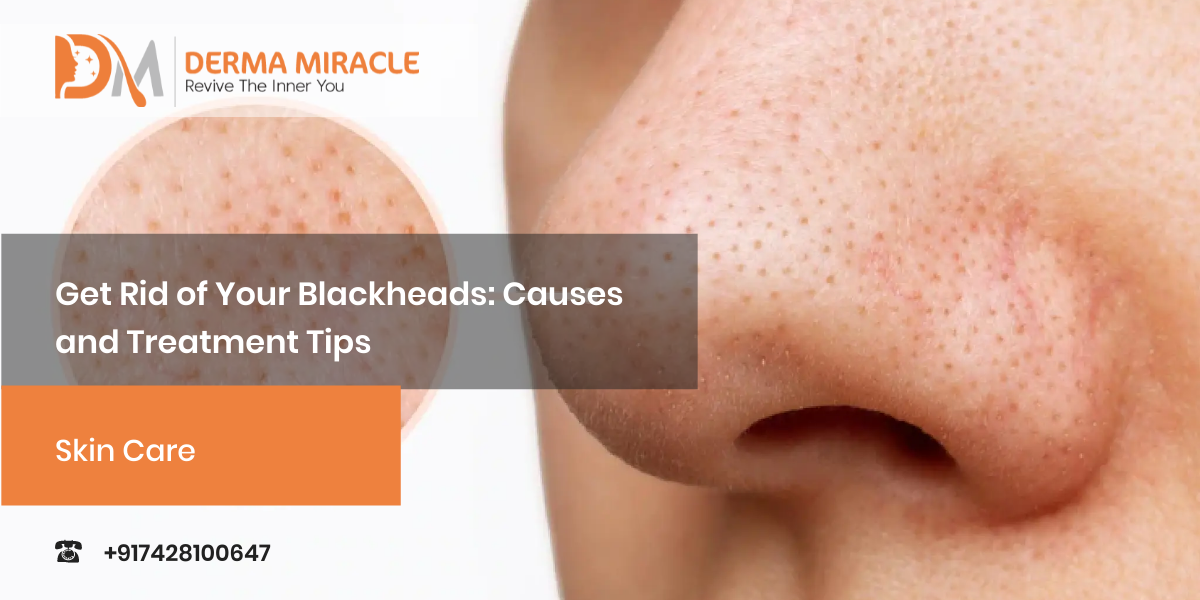Treatment options for skin conditions may include pills, lotions, ointments, or lifestyle modifications. As similar, hair issues are cured with shampoo, oils, gel, etc. Let’s look at the issues and treatment in detail.
Table Of Content
What Are Blackheads?
Blackheads are a type of acne that forms when your skin pores become blocked. When this happens, sebum (oil) and dead skin cells can build up and turn black when they come into contact with oxygen.
Although blackheads are not necessarily a sign of poor hygiene, they can be unsightly and difficult to get rid of. There are several ways to treat blackheads, including topical creams and gels, retinoids, exfoliation, and pore strips. In most cases, a combination of treatments is necessary to achieve the best results.If you’re struggling with blackheads, talk to your dermatologist about the best course of action for you.
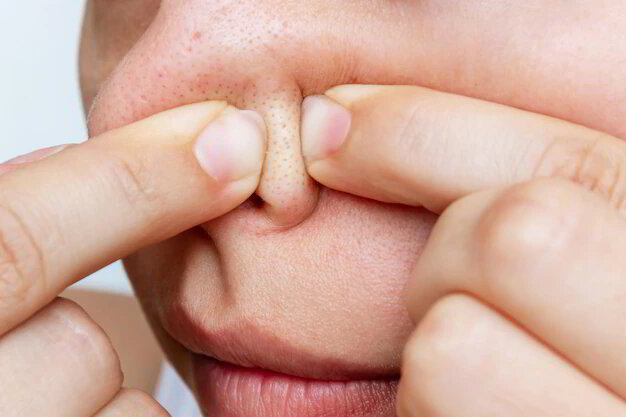
The Cause Of Blackheads
This excess oil can clog your pores and trap dead skin cells, bacteria, and other impurities. When this happens, your pores may become enlarged and appear black. Blackheads are most commonly found on the face, but they can also occur on the chest, back, and shoulders. While anyone can get blackheads, they are more common in people with oily skin, as well as those who suffer from acne.
Hormonal changes, such as during puberty or pregnancy, can also cause blackheads. In some cases, blackheads may be caused by certain medications, such as birth control pills or steroids. If you think your blackheads are due to a medication you are taking, talk to your doctor about other options.
It’s also important to know certain lifestyle choices can also contribute to blackheads. For example, if you don’t wash your face regularly, sweat, makeup, and other impurities can build up and clog your pores.
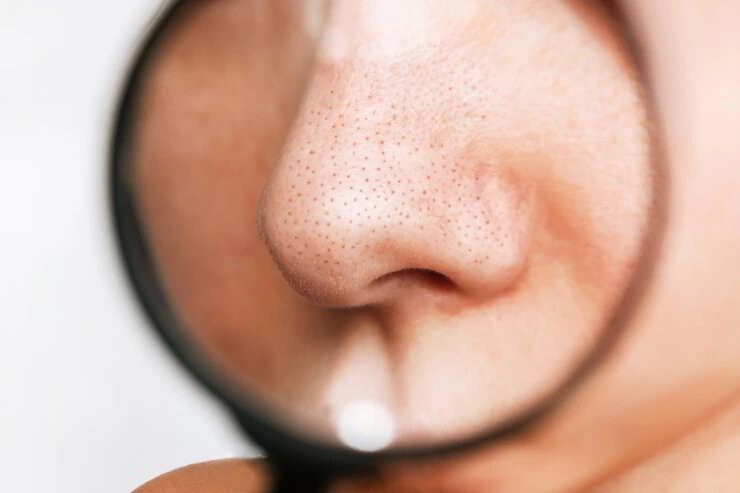
Some skin conditions cannot be prevented. For instance, there is no way to alter your genetic makeup or stop an autoimmune condition from occurring.
How To Treat Blackheads
There are a few ways to treat blackheads. One option is to use a pore strip. Pore strips are made of adhesive and are placed on the nose, where they stick to the blackheads and pull them out of the pores. Another option is to use a blackhead extractor, which is a small, metal tool that helps to push the blackhead out of the pore.In recent years, there has been an increase in the use of retinoids to treat blackheads. Retinoids are a type of vitamin A that can be found in over-the-counter and prescription medications. When applied to the skin, they help to unclog pores and prevent blackheads from forming.
Finally, you can also use a chemical exfoliant, which helps to dissolve the sebum and dead skin cells that are clogging the pores. Whichever method you choose, it is important to be gentle so as not to damage the skin.
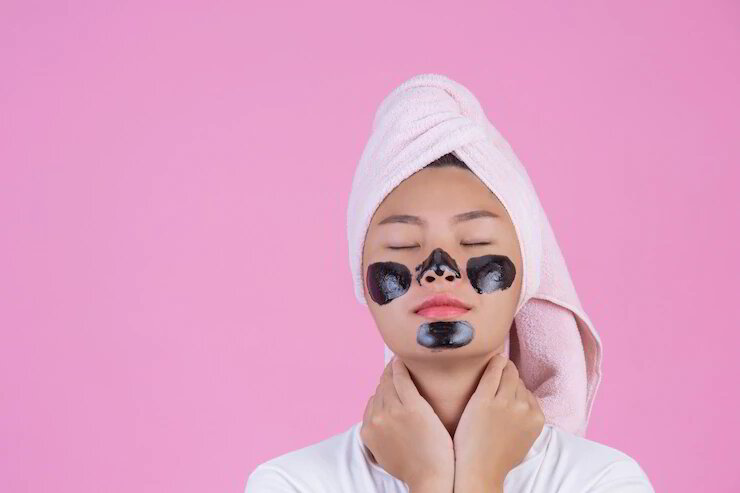
Conclusion
Blackheads are a common skin condition that can be unsightly and difficult to get rid of. However, there are several treatment options available. In most cases, a combination of treatments is necessary to achieve the best results. If you’re struggling with blackheads, talk to your dermatologist about the condition to see positive changes.
CONSULT DEMAMIRACLE
Get Rid of Your Blackheads: Causes and Treatment Tips
ACT BEFORE IT’S TOO LATE
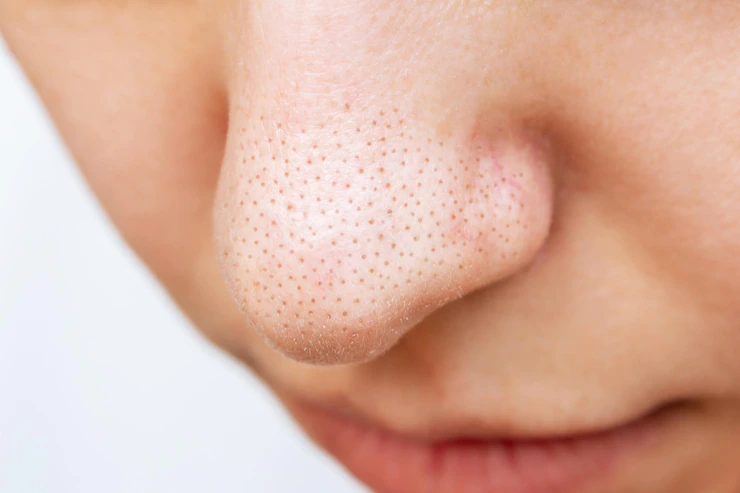
FREE CONSULTATION AVAILABLE
Contact Us
